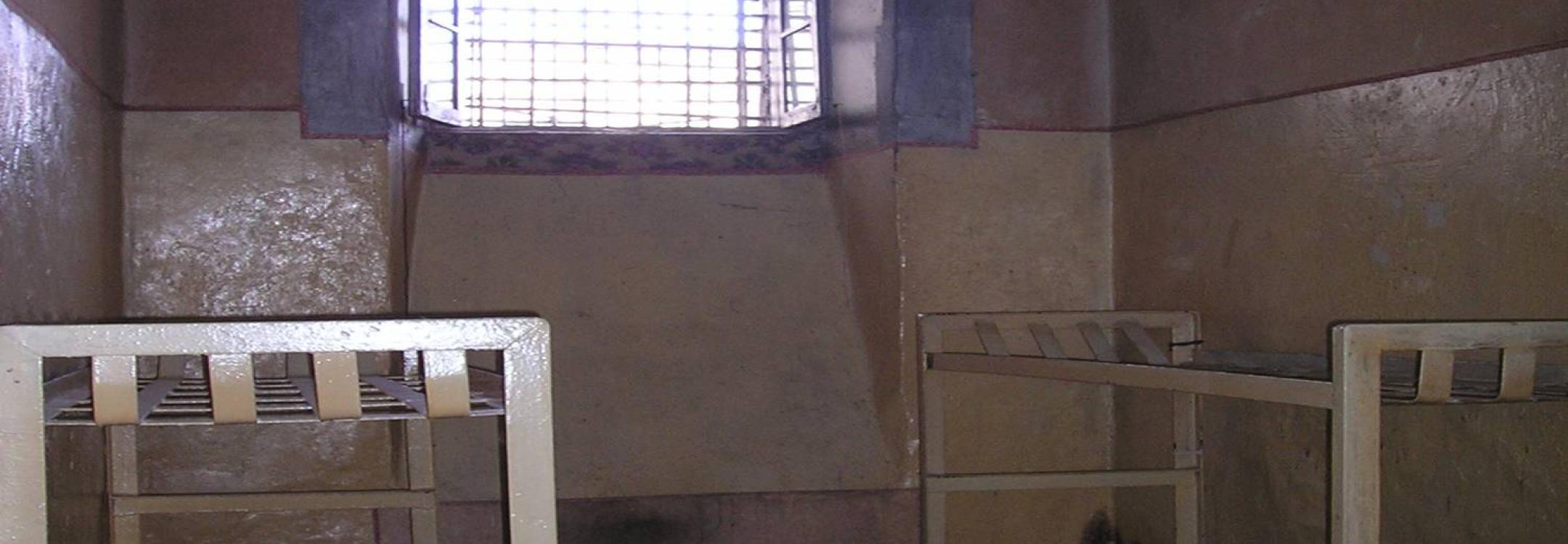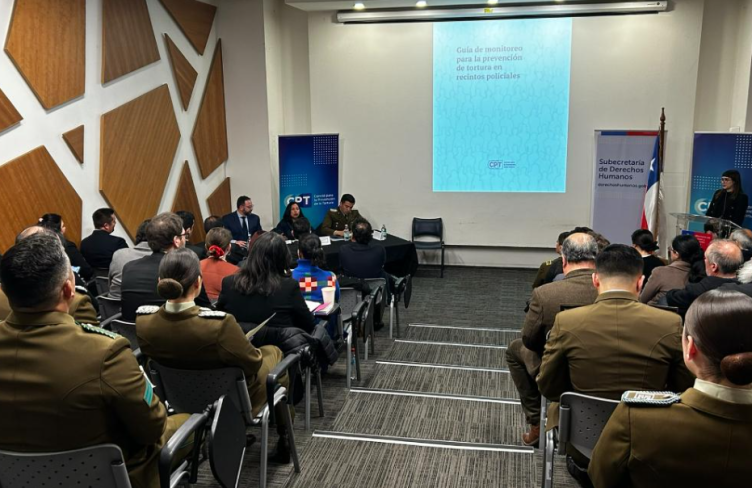
The crew of Greenpeace’s icebreaker, Arctic Sunrise, face the prospect of months in detention in Russia, as a court in Murmansk yesterday confirmed their continued detention. The Greenpeace activists were arrested in spectacular fashion by armed Russian special forces troops in international waters in the Barents Sea on 18 September. The arrests took place after two of the crew mounted a Russian state-owned drilling platform, protesting against highly controversial drilling for oil in the Arctic.
Since the storming of the Arctic Sunrise vessel and its arrival into port on 24 September, the crew have been held in detention in Murmansk. The APT contacted today Greenpeace International to ascertain the facts around their detention and was informed by a spokesperson that they were being held in groups in and around the city. The exact location of their detention was not known to Greenpeace International.
On 26 September Lenin District Court in Murmansk ordered that 22 of the 30 person crew remain in detention for two months pending an investigation into charges of organised piracy. The remaining eight activists were detained for an additional three days pending a further court hearing.
The continued detention of the crew raises numerous questions, not least why there has reportedly been no notification by the Russian authorities of the exact place of their detention, as required by international standards.
Moreover, their continued detention raises important questions more generally about the closed nature of detention facilities in the Russian Federation.
Need for transparency
Earlier this year for only the second time ever the Russian government agreed to release the findings of Europe’s highest profile anti-torture body, the European Committee for the Prevention of Torture (CPT). After 25 visits to Russia in the course of nearly 15 years the Russian government agreed to publish the report of the CPT’s 2011 fact-finding visit to the North Caucasus. During its visit the CPT found that ‘a significant proportion’ of persons interviewed by it had been ill-treated by law enforcement officials. ‘Frequently’ the abuse was of such severity that it amounted to torture. The CPT also had concerns about the material conditions of detention in various different detention facilities.
In only one another instance has a report been made public, begging the question why? It should also be stressed that no other state in the 47-member Council of Europe has systematically refused to publish such fact-finding reports. Meanwhile, domestic monitoring of places of detention in the Russian Federation remains extremely weak and, in many cases, non-existent.
In view of the fact that the Arctic Sunrise crew may spend months in detention, possibly in trying material conditions, their plight should not be underestimated. This also highlights the need for much greater transparency in places of detention in the Russian Federation.


